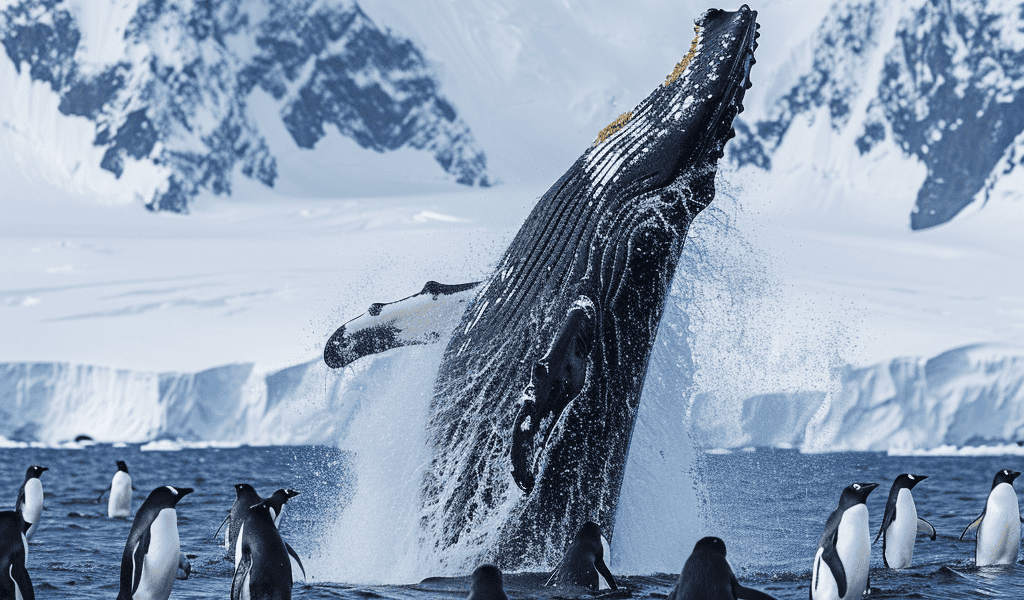New research from CU Boulder indicates that by 2100, the acidity of Antarctica’s coastal waters may double, severely impacting marine life in the Southern Ocean. This increase in acidity, primarily due to CO2 emissions, threatens the entire ecosystem, including whales and penguins.
Antarctica’s coastal waters may see a 100% increase in acidity by 2100, endangering marine life, according to a new study. Reducing CO2 emissions is crucial to mitigate this threat.
The acidity of Antarctica’s coastal waters could double by the end of the century, threatening whales, penguins, and hundreds of other species that inhabit the Southern Ocean, according to new CU Boulder research.
Scientists projected that by 2100, the upper 650 feet (200 meters) of the ocean—where much marine life resides—could see more than a 100% increase in acidity compared with 1990s levels. The paper was published on January 4 in the journal Nature Communications.
“The findings are critical for our understanding of the future evolution of marine ecosystem health,” said Nicole Lovenduski, the paper’s co-author and the interim director of CU Boulder’s Institute of Arctic and Alpine Research (INSTAAR).
Ocean Acidification: A Consequence of CO2 Emissions
The oceans play an important role as a buffer against climate change by absorbing nearly 30% of the CO2 emitted worldwide. But as more CO2 dissolves in the oceans, the seawater becomes more acidic. “Human-caused CO2 emissions are at the heart of ocean acidification,” said Cara Nissen, the paper’s first author and a research scientist at INSTAAR.
The Southern Ocean, which surrounds Antarctica, is particularly susceptible to acidification, partly because colder water tends to absorb more CO2. Ocean currents in the area also contribute to the relatively acidic water conditions.
Model Predictions and Marine Protected Areas
Using a computer model, Nissen, Lovenduski, and their team simulated future ocean conditions based on different CO2 emission scenarios. The results indicated a significant increase in acidity, especially in the upper ocean layers.
“This research underscores the importance of reducing CO2 emissions to protect marine ecosystems, including those in the Southern Ocean,” emphasized Lovenduski.
The study also highlighted the potential role of marine protected areas in mitigating the impacts of ocean acidification. By limiting human activities that contribute to CO2 emissions and by preserving critical habitats, marine protected areas could help safeguard vulnerable marine species.





